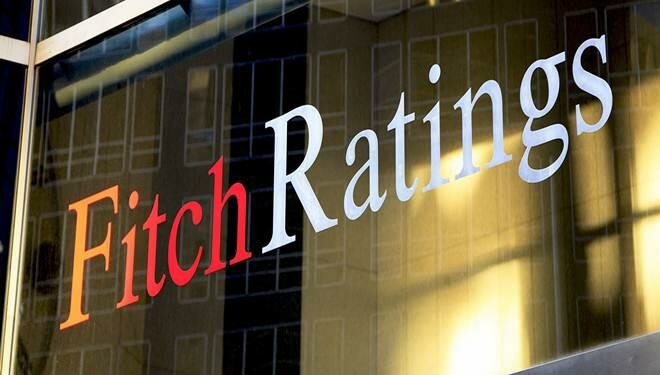Fitch Ratings: Potential Upgrades for Seven Nigerian Banks and Two Holding Companies Tied to Sovereign Rating
Fitch Ratings has indicated that the Long-Term Issuer Default Ratings (LT IDRs) of seven Nigerian banks and two bank holding companies could be upgraded if Nigeria’s sovereign LT IDRs (currently rated B-/Positive) are upgraded and the entities maintain stable financial profiles.
According to the UK-based rating agency, the Positive Outlooks on these institutions’ LT IDRs reflect that of the sovereign.
Institutions Under Review
The entities identified by Fitch include Access Bank, Zenith Bank, First HoldCo, First Bank of Nigeria, United Bank for Africa (UBA), Guaranty Trust Holding Company (GTCO), Guaranty Trust Bank (GTB), Fidelity Bank, and the Bank of Industry (BOI).
Excluding BOI, the LT IDRs of these institutions are driven by their standalone creditworthiness, as reflected in their Viability Ratings (VRs). However, their VRs are constrained by significant exposure to Nigerian sovereign debt securities and substantial cash reserves held at the Central Bank of Nigeria (CBN).
Impact of Sovereign Constraints
Fitch noted that the VRs of Zenith Bank, UBA, and GTCO/GTB are currently one notch below their implied VRs due to operating environment and sovereign rating constraints. These constraints could ease if Nigeria’s LT IDRs were upgraded. Other banks’ VRs are presently aligned with their implied ratings.
Capitalisation and Future Upgrades
Fidelity Bank, which has a smaller franchise compared to other systemically important banks, has significantly strengthened its capital base, more than doubling its paid-in capital since the end of Q3 2024 through capital raising initiatives. The bank is now raising additional capital to meet the increased minimum paid-in capital requirement, which takes effect at the end of Q1 2026.
A stronger core capitalisation would enhance the prospects of an upgrade to Fidelity Bank’s VR and LT IDR, contingent on an upgrade of Nigeria’s sovereign rating.
Fitch’s assessment underscores the strong linkages between Nigeria’s banking sector and sovereign creditworthiness, with improvements in macroeconomic conditions and policy reforms likely to influence future rating actions.








